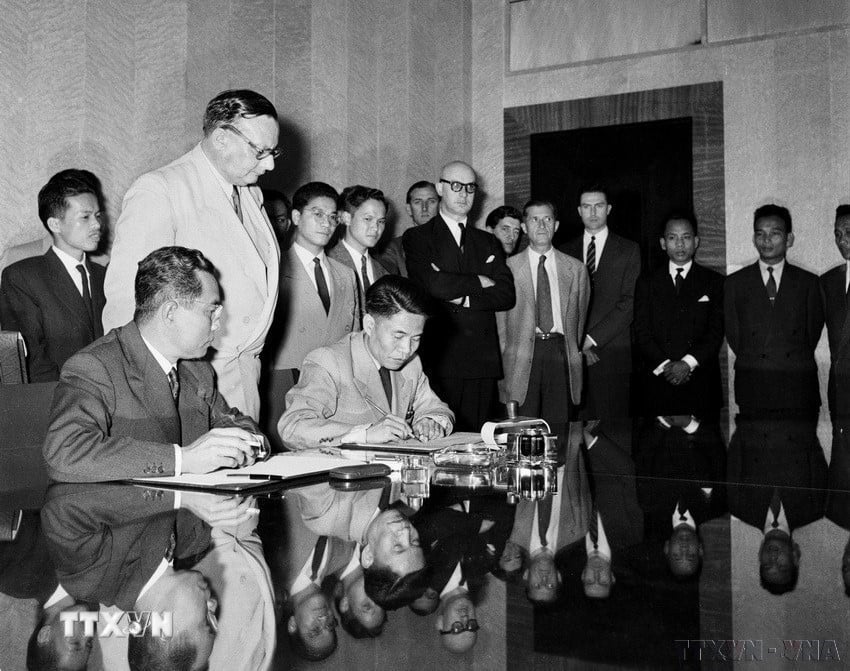
The 1954 Geneva Agreement was the first multilateral international treaty that Vietnam participated in negotiating, signing and implementing, affirming Vietnam's position as an independent and sovereign nation in the international arena.
Looking back at the historic event 70 years ago, Foreign Minister Bui Thanh Son emphasized that the lessons from negotiating and signing the agreement at that time still hold value today, and are a valuable handbook for Vietnamese diplomacy.
Ms. Ha Thi Ngoc Ha, daughter of the late Deputy Foreign Minister Ha Van Lau, a member of the Vietnamese delegation participating in the Geneva Agreement negotiations at that time, shared with reporters stories surrounding the historical event that her father told her.
In March 1954, Ambassador Ha Van Lau, then Director of the Operations Department of the Vietnam People's Army, was assigned to join the delegation of the Democratic Republic of Vietnam to attend the Geneva Conference and he prepared documents, researched and assessed the military situation to serve the negotiation work.
One day before the meeting on Vietnam, the Vietnamese delegation was informed of the Dien Bien Phu victory. Overjoyed, the whole delegation stayed up all night to prepare for the meeting.
“Mr. Pham Van Dong, Head of the negotiating delegation, who was then Deputy Prime Minister, told my father and other members of the negotiating delegation that although Vietnam entered the discussion with its head held high, it still needed to be vigilant, because even though France lost at Dien Bien Phu, it would not easily give in,” recalled Ms. Ha Thi Ngoc Ha, former Vietnamese Ambassador to Chile.
“My father said that the atmosphere at the conference was extremely tense, especially when negotiating the temporary military demarcation line and the demilitarized zone. Later, when recalling that historical event, my father felt a bit sad that our delegation had fought for the temporary demarcation line at the 13th parallel but eventually compromised at the 17th parallel. However, with the world situation at that time and the strength of our army at that time, we could not have had a greater victory and that was only a temporary demarcation line. We were steadfast with the principles set out and achieved the goal of restoring peace throughout Indochina, forcing the great powers to recognize Vietnam's independence, sovereignty and territorial integrity,” Ms. Ha shared.
From her father's stories, Ms. Ha believes that the principle of "being consistent and adapting to all changes" plays an extremely important role in diplomacy and she herself applied this principle in many negotiations later, including the negotiations of the Code of Conduct in the East Sea and the Agreement on maritime search and rescue, which she had the opportunity to participate in later.
Geneva Accords - A lasting diplomatic lesson
In his speech on the occasion of the 70th anniversary of the historic Geneva Agreement, Foreign Minister Bui Thanh Son affirmed that Vietnam has learned many experiences, the first of which is the lesson of combining national strength with the strength of the times, national solidarity combined with international solidarity to create "an invincible strength."
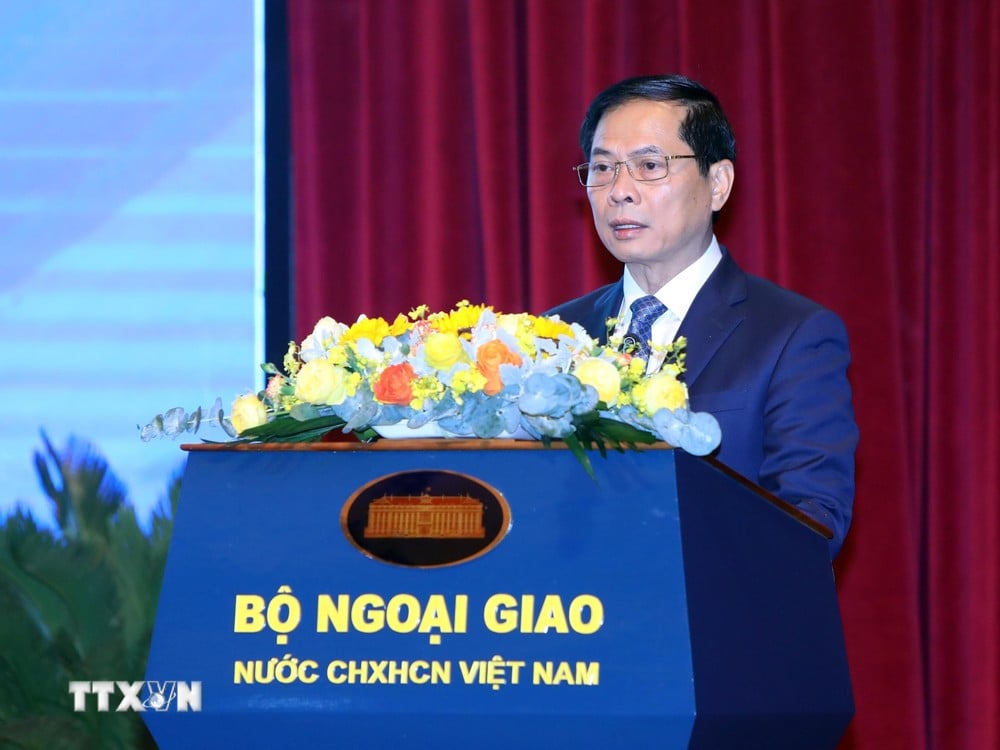
During the Geneva Agreement negotiations, we constantly expanded international solidarity and sought the support of the world's people for the just struggle of the Vietnamese people, Mr. Son emphasized.
Second, the lesson is to be steadfast in goals and principles, yet flexible and adaptable in strategies according to the motto "with the unchanging, adapt to all changes."
During the process of negotiating, signing and implementing the Geneva Agreement, we always adhered to the principles of peace, national independence and territorial integrity, but were mobile and flexible with strategies appropriate to the balance of power and the international and regional situation to achieve strategic goals.
Third, the lesson is to always attach importance to research, evaluation and forecasting the situation, to "know oneself," "know others," "know the times," "know the situation" in order to "know how to advance," "know how to retreat," "know how to be firm," "know how to be gentle."
Minister Bui Thanh Son assessed that this is a profound lesson that still holds value in the context of the current complex and unpredictable world. Fourth, the lesson of using dialogue and peaceful negotiations to resolve disagreements and conflicts in international relations. This is a lesson of the times, especially when many complex conflicts are taking place in the world as at present.
According to Minister Bui Thanh Son, our people's just struggle for peace, national independence, unity and territorial integrity is in line with the trend of the times and the common aspirations of progressive people around the world.
Therefore, in the cause of national liberation and reunification in general, and in the negotiation, signing and implementation of the Geneva Agreement in particular, we have always received great and valuable support, both material and spiritual, from international friends, first of all from Laos, Cambodia, socialist countries and peace-loving people around the world.
In the process of innovation and implementing the Party's correct foreign policy, Vietnam continues to receive valuable support and cooperation from the international community on the basis of equality and mutually beneficial cooperation.
The above-mentioned outstanding lessons and many other valuable lessons from the Geneva Agreement have been inherited, creatively applied and developed by our Party throughout the process of negotiating, signing and implementing the 1973 Paris Agreement as well as in the current foreign affairs implementation, Minister Bui Thanh Son emphasized.
During nearly 40 years of implementing Doi Moi, Vietnam has consistently implemented an independent, self-reliant, diversified, and multilateral foreign policy; proactively and actively integrated comprehensively and deeply into the international community; been a friend, a reliable partner, and an active and responsible member of the international community.
To date, our country has established diplomatic relations with 193 United Nations member countries, has strategic partnerships and comprehensive strategic partnerships with 5 permanent members of the United Nations Security Council, and has a network of strategic partnerships and comprehensive partnerships with 30 countries.
Vietnam is also an active and responsible member of more than 70 major regional and international organizations and forums such as the United Nations, ASEAN, WTO, APEC and ASEM.
TB (according to VNA)Source: https://baohaiduong.vn/nhung-bai-hoc-ngoai-giao-quy-gia-con-nguyen-gia-tri-387939.html



![[Photo] Prime Minister Pham Minh Chinh chairs meeting on nuclear power plant construction](https://vphoto.vietnam.vn/thumb/1200x675/vietnam/resource/IMAGE/2025/10/22/1761137852450_dsc-9299-jpg.webp)
![[Photo] Da Nang: Shock forces protect people's lives and property from natural disasters](https://vphoto.vietnam.vn/thumb/1200x675/vietnam/resource/IMAGE/2025/10/22/1761145662726_ndo_tr_z7144555003331-7912dd3d47479764c3df11043a705f22-3095-jpg.webp)

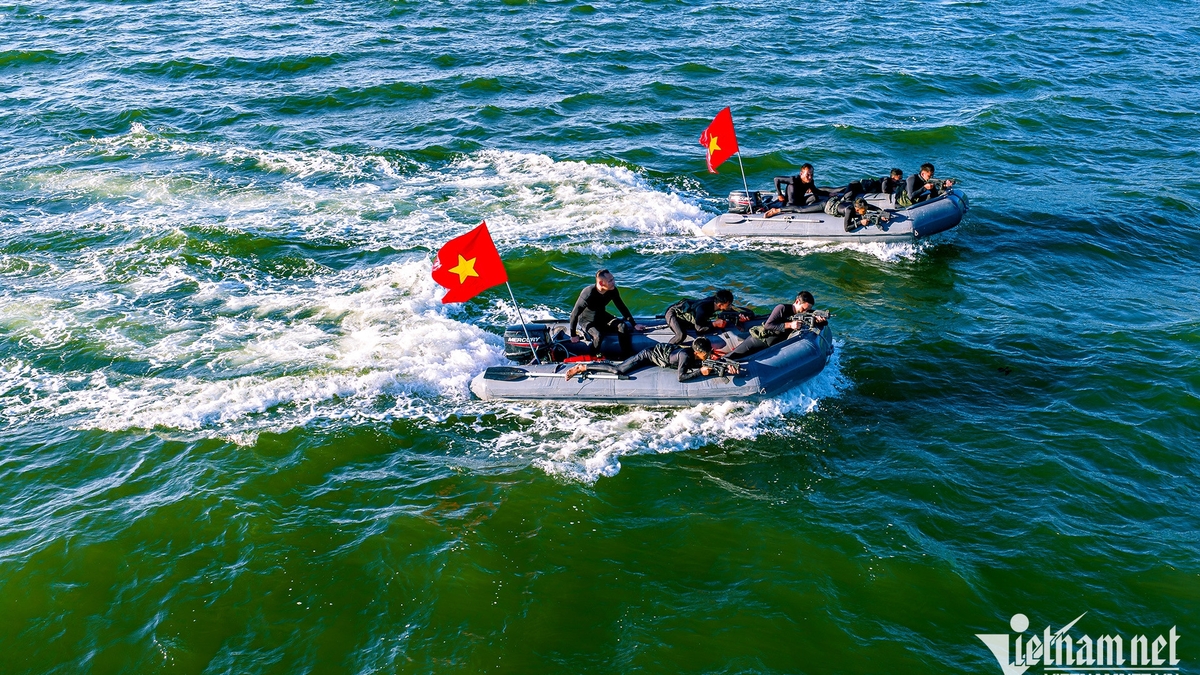

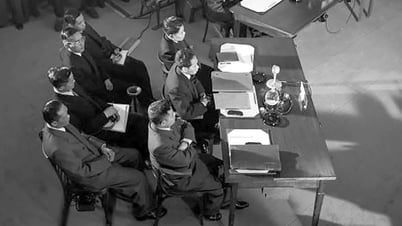

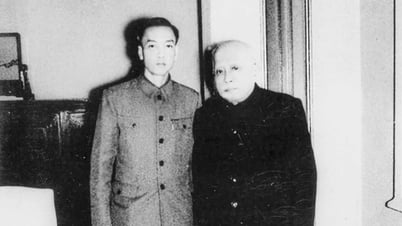
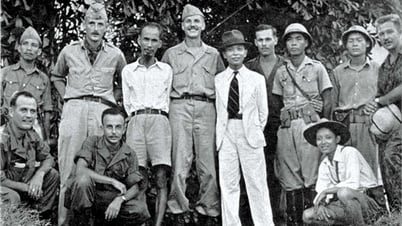

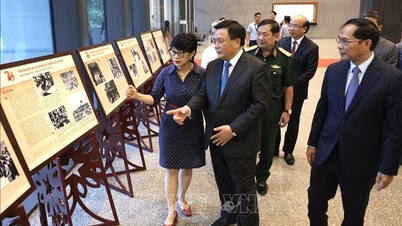

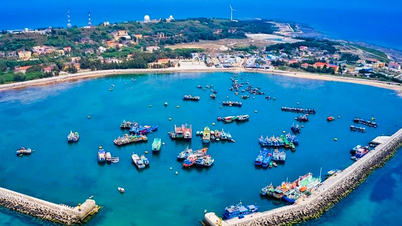

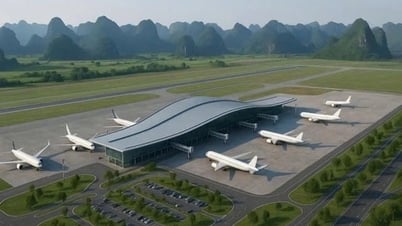
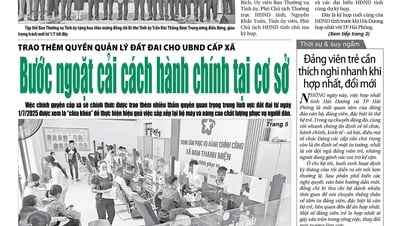
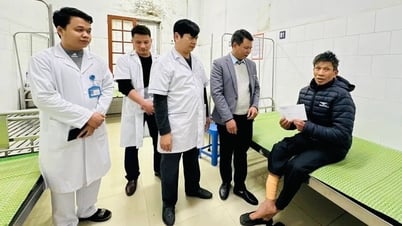
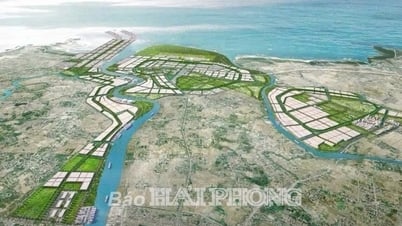
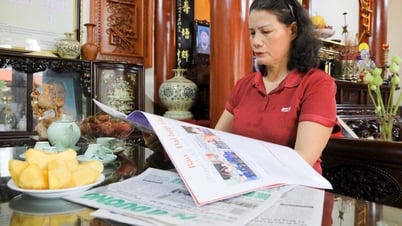




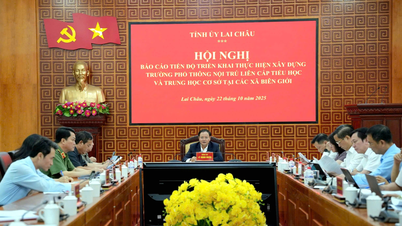
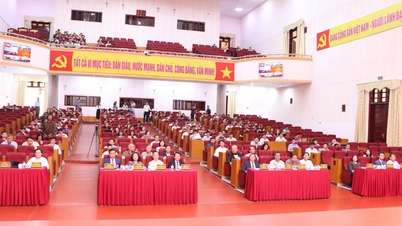









































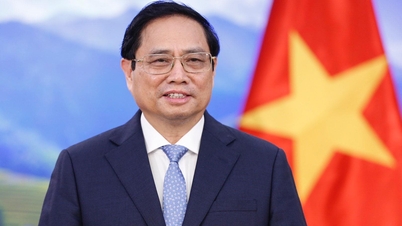

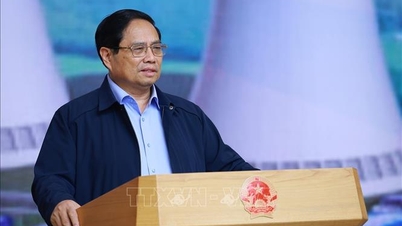




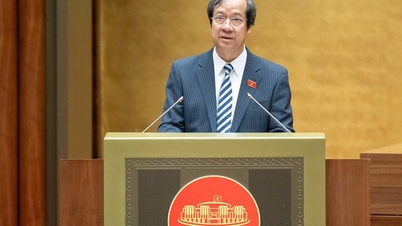

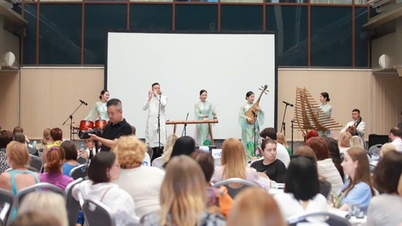
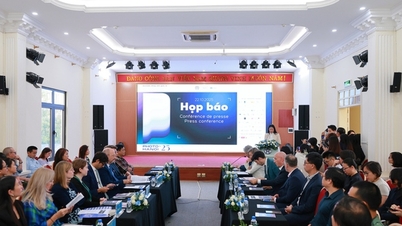
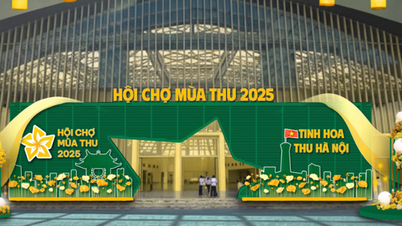
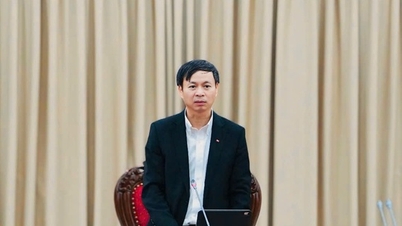

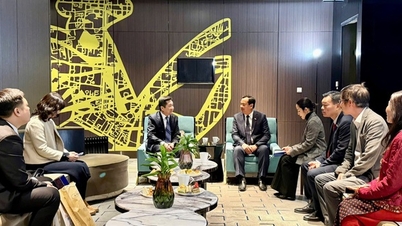
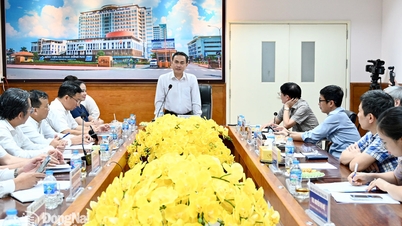


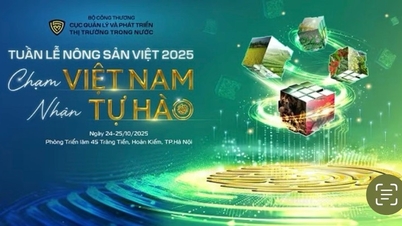

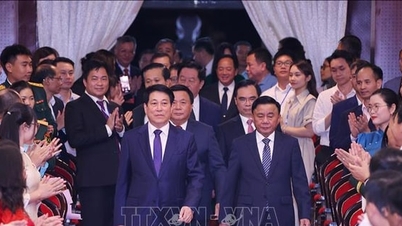

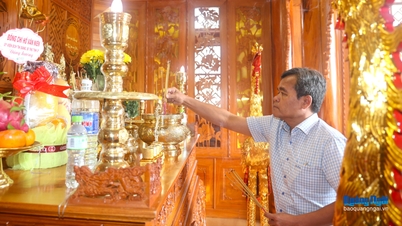
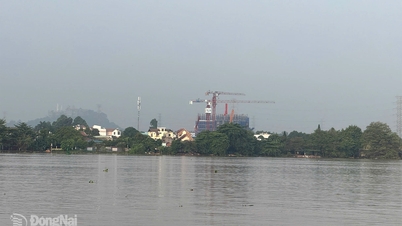












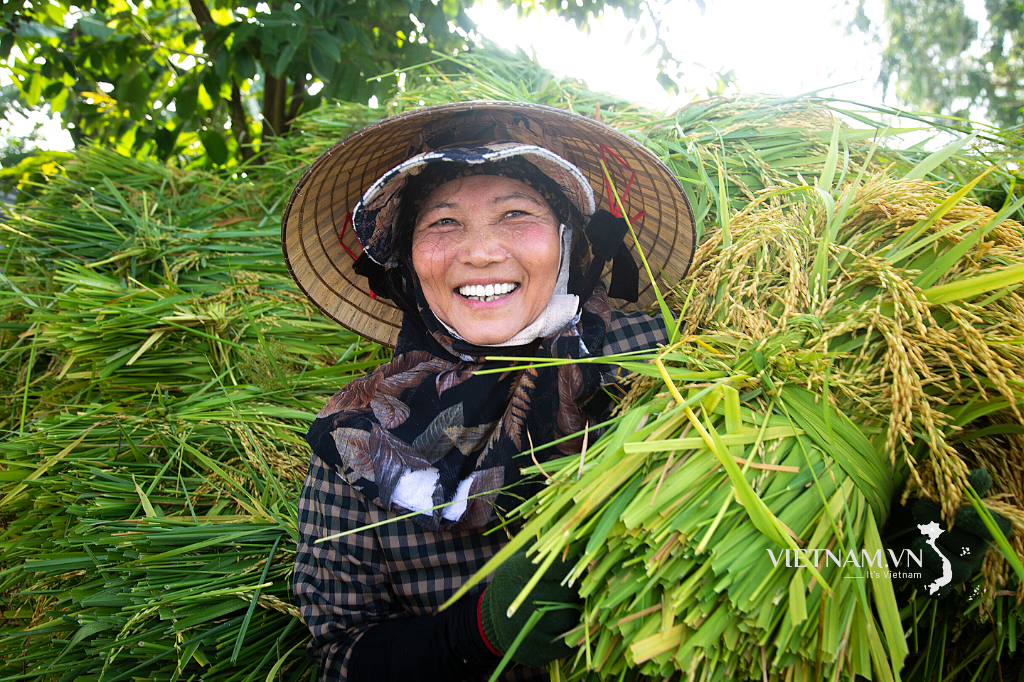

Comment (0)